New BornCare
Taking care of a newborn is essential to ensure their well-being. Here are some important aspects of newborn care:
Newborn care:
Immediate Care at Birth:
- Delayed Cord Clamping: Allow the umbilical cord to pulse for a few minutes before clamping it.
- Thorough Drying: Gently dry the baby to prevent hypothermia.
- Assessment of Breathing: Ensure the baby is breathing well.
- Skin-to-Skin Contact: Place the baby on the mother’s chest for warmth and bonding.
- Early Initiation of Breastfeeding: Encourage breastfeeding within the first hour after birth.
Thermal Care:
- Keep the baby warm with one or two layers of clothing more than adults.
- Cover the baby’s head with a hat.
Umbilical Cord Care:
- Keep the umbilical cord dry and avoid applying any ointments to it.
Mother-Baby Bonding:
- Keep the baby and the mother together in the same room.
- Allow the baby to feed on demand.
Remember, high-quality universal newborn health care is the right of every baby, both in health facilities and at home. Babies deserve protection from injury, infection, and the opportunity to thrive. 🌟
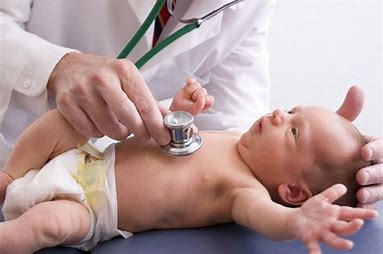
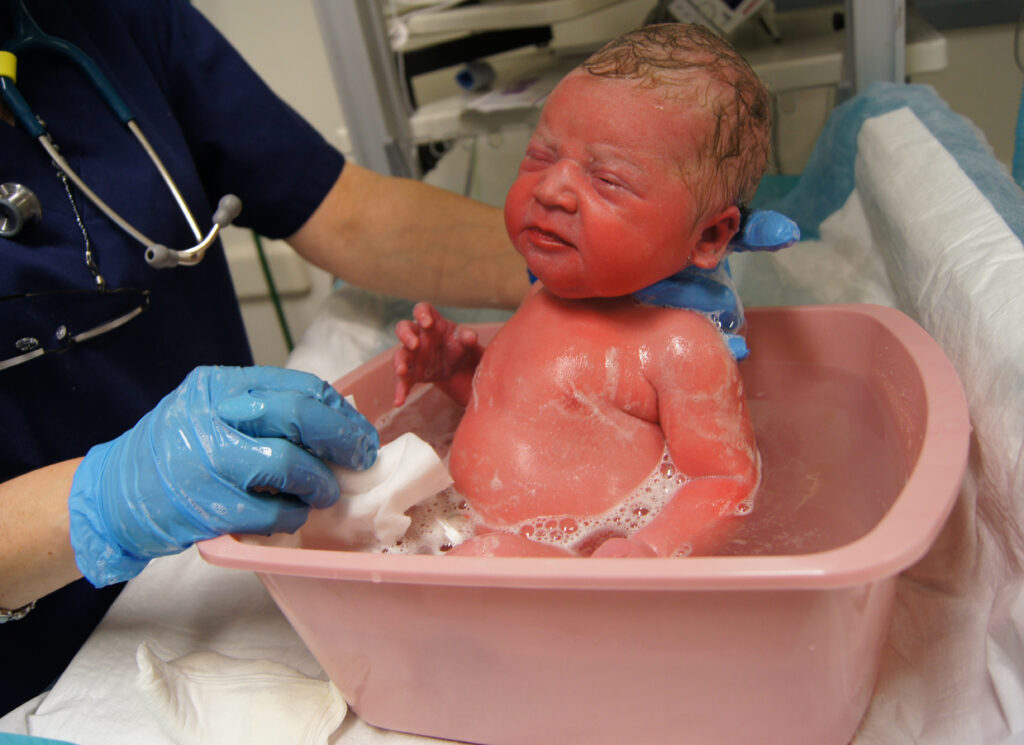
Newborns are delicate, and understanding common health issues is crucial for parents. Here are some frequently encountered health problems in newborns:
- Birth Injuries:
- During the birth process, a baby may experience physical injuries. These can result from the use of forceps during delivery. Most babies recover quickly from birth trauma, but it’s essential to monitor them closely.
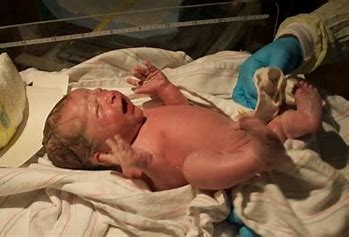
- Jaundice:
- Jaundice is prevalent in newborns. It occurs due to excess bilirubin in the baby’s blood, leading to yellowish skin pigmentation. Typically, neonatal jaundice resolves within 2 to 3 weeks after birth. If it persists longer, consult a doctor.
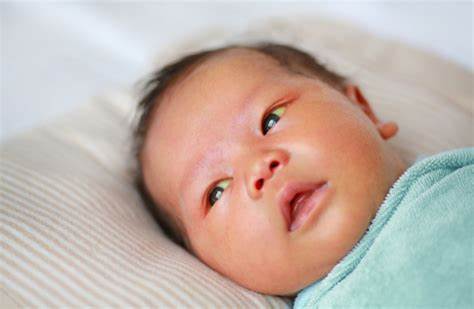
- Colic:
- Colic causes continuous, unexplained crying, especially in the evening. The exact cause remains uncertain, but factors like gas, stomach pain, or overstimulation may contribute. Colic usually starts around 2 weeks and subsides by 3 months of age.
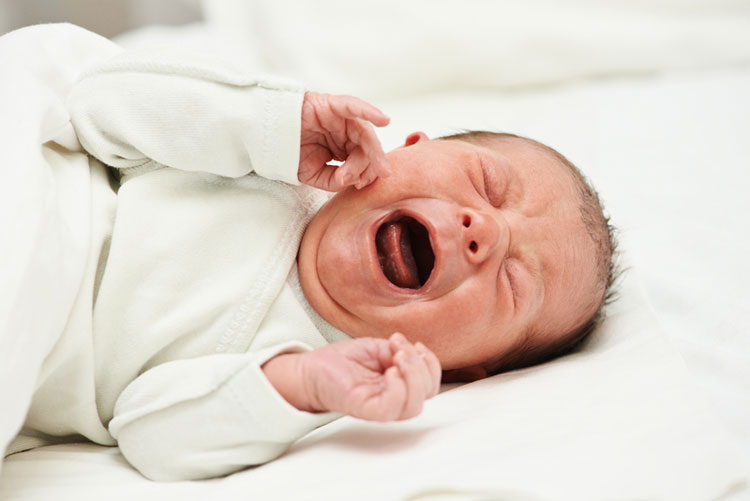
- Abdominal Distension:
- Many newborns experience abdominal distension, where their bellies appear swollen, especially after feeding. This is usually normal but should be monitored.

